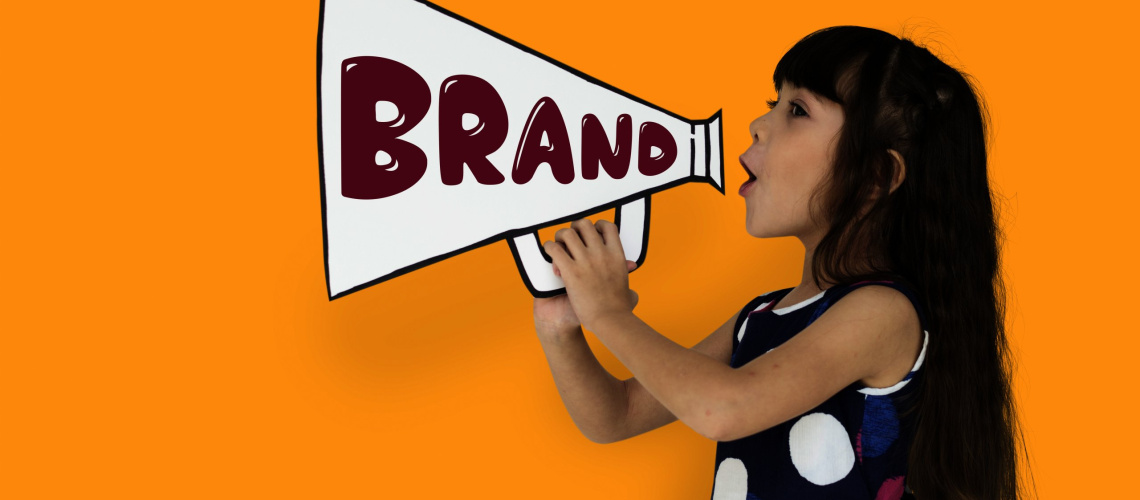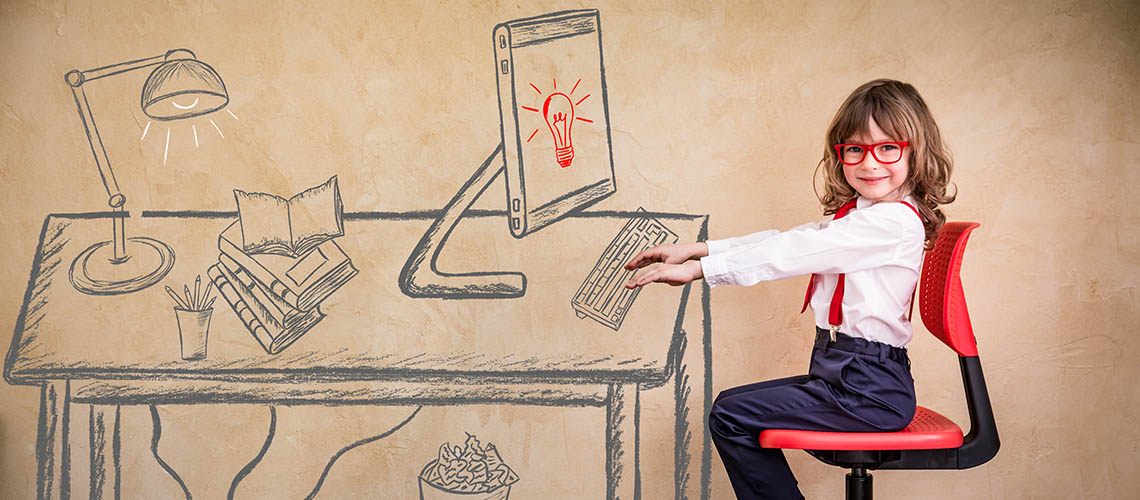The remarkable benefits of play, trial and error, and risk taking in raising confident kids.
The helicopter parent. The hoverer. The overparenter.
While social media has painted a not-so-pretty picture of overprotective parents, the reality is we have all been there at some point.
You know you’ve been a helicopter parent if any of this feels familiar: At the park, you watch your kid’s every move on the playground. If they so much as attempt to skip a rung on the ladder, you are already behind them, steadying your arms to break a fall. You pick out their perfectly-matched outfits, (gently) dictate the way they eat their snacks, and cringe when they color outside the lines.
Welcome to parenthood: we ALL cringe when they color outside the lines.
Usually, it happens with your first kid. And, hey, I get it. We become a parent and, BOOM, are instantly equipped with an innate sense of wanting to protect our most cherished gift. No shame in that game.
But so-called helicopter parenting can take protection to all new levels and leave a child eventually feeling stifled in their exploration. Parents with good intentions believe that this style of parenting ensures their children always feel supported and loved. But remember that love, ultimately, allows space.
For kids, their natural instinct is to examine the world and learn by trial and error. If their choices are continually intercepted then they can actually grow to be far less independent. And may end up doubting their own capabilities and choices.
If we want to be a culture that supports a young child’s efforts to be creative, experiment with ideas, and eventually start their own business then we have to remember to give them room to 1) make mistakes 2) discover their own boundaries and limitations (or lack thereof) 3) develop healthy independence.
Here are a few helpful tips for striking the balance between keeping kids safe from harm and allowing them to traverse the landscape of childhood with freedom.
Learn Through Play
I know, I know. The idea of any more “glitter-fied” crafts (you’ll be finding glitter for months) or one more slime project is enough to drive any parent bonkers. But despite the mess and mayhem, playful activity can be incredibly meaningful.
We become adults and often forget how meaningful play was as a child. Through the art of play, kids with big ideas can often work out solutions to problems or even come up with inventions.
Truly, play is how a Kidpreneur is born!
To help your child (of any age) maxmine the social, physical, and developmental benefits of play take a step back and remember to:
- Resist the urge to manage your child’s play. Let them create their own rules, even if they make no sense to you.
- Provide a safe space for creativity to flourish. Avoid criticizing their methods, processes, or final products. Celebrate the journey and the small wins.
- Ask more questions, make less comments. Your child, and you, will gain more insights if you ask open-ended questions and allow them to ponder and provide answers. Examples: “Can you tell me about this creation?” or “How did you come up with this idea?” This is true engagement.
Keep ‘em Safe but Give ‘em Space
Some of you remember the playgrounds of our youth. You know what I’m talking about…tired ol’ tire swings, splintered wooden see-saw’s, and the infamous metal merry-go-rounds. These places were full of both fun and definitely some danger. But maybe that’s what kept us coming back for more AND learning the perfect velocity to avoid being flung from that merry-go-round.
Risk of injury, and of lawsuits, has all but sterilized modern-day playgrounds. And sure, there is no doubt that safe equipment has saved kids from many a broken bone or worse. Yet, in an effort to make play “safer”, have we eliminated the element of risk.
According to an article in The New York Times, “Limited risks are increasingly cast by experts as an experience essential to childhood development, useful in building resilience and grit.”
I make this point not to try and necessarily rally around riskier playground equipment and the rite of passage of broken bones. But to drive home the idea that micromanaging our kids’ lives – even down to their play – can have detrimental effects. And studies show this could even cause kids to develop anxiety issues later in life.
On a small scale, allowing kids to explore physical and mental boundaries teaches them how to better prepare for future challenging circumstances. They remember the consequences of their actions, particularly if they were empowered to take the action in the first place.
Making every choice for a child – especially in relation to creative play or discovery – removes them from the equation. Doing so provides less opportunity for young kids to build character, sharpen their problem solving skills, and listen to their intuition.
So while keeping kids out of imminent danger is obviously a parent’s responsibility, look for areas in which allowing limited risk can actually strengthen their self-reliance and determination.
For example:
- Allow kids to find and set their own limitations. If they’ve climbed up a tree and are afraid to get down, remind them “You found your way up! I know you can find your way down”. And then allow them to problem solve.
- Instead of saying “Be careful”, experiment them with confidence-boosting phrase such as “Take your time”, “What’s your next move?”, “Does that branch feel strong and stable?”, and “I’m here if you need me.” These words empower children and teach them to plan vs. react.
- Create opportunities for adventure! Level up your day trips and vacations by planning activities that expose your children to challenging experiences. Try indoor rock climbing, slack lines, zip line obstacle courses, escape rooms, and other unique skill-building activities. These will teach them the value of tenacity, strength, innovation, and so much more…and not just on a physical level.
You’ve Got This. And Your Kid Will Thank You
Newsflash: Sometimes we teach our kids. But often they teach us.
Conscious and intentional parenting isn’t always easy but when we remain open to constant self-improvement, we provide our children with valuable role-modeling opportunities. When we demonstrate that we are teachable, we send a powerful message that we are willing to listen and learn.
Believe me, watching your kid painstakingly assemble a Lego Star Wars X-wing, only to have them find out they missed an essential piece in the end, well, requires Jedi-level patience.
But how else will they train to defend the rebels if they aren’t given ample chance to pick up the light saber and practice, practice, practice?
It may take a bit of time to forgo some of your helicopter parenting ways. Take it one skipped ladder rung at a time and you’ll soon see your child flourishing with new skills, awesome business ideas, and wacky inventions. Okay, and maybe a few cuts and bruises along the way.
May the force be with you.
 Next post
Next post






